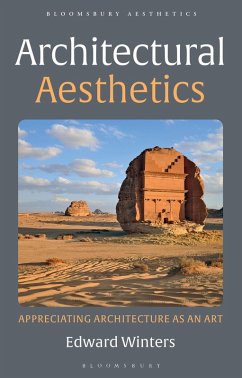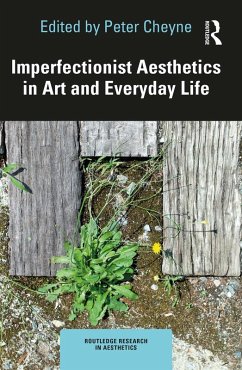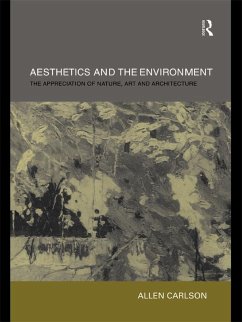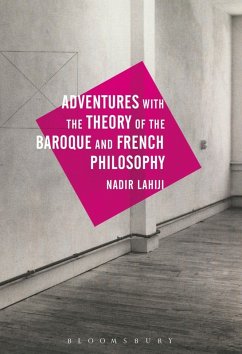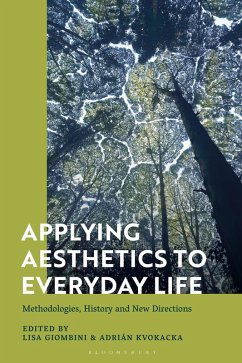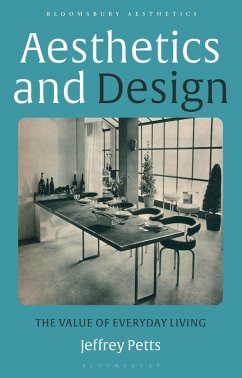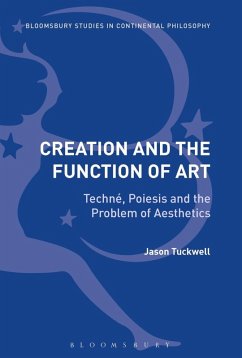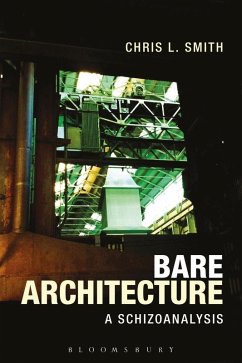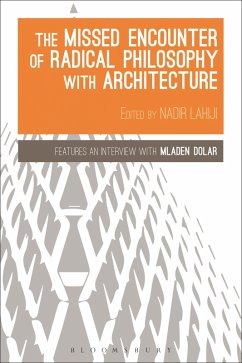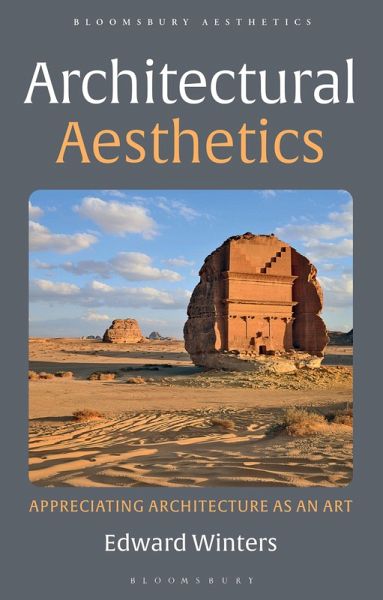
Architectural Aesthetics (eBook, ePUB)
Appreciating Architecture As An Art

PAYBACK Punkte
8 °P sammeln!
The fine arts are traditionally seen to have intrinsic value: that is, they are valuable in themselves. But this poses a problem for architecture: its works are designed to serve our purposes, and therefore it is classed as functional. Carving out a new space, Edward Winters argues why architecture is a fine art and finds a place for the fine art of architecture in the cultural environment in which we structure our lives. Winters reconciles intrinsic value, as a fine art, with extrinsic value, as shelter, security and comfort, without collapsing into the modernist conception of Functionalism. ...
The fine arts are traditionally seen to have intrinsic value: that is, they are valuable in themselves. But this poses a problem for architecture: its works are designed to serve our purposes, and therefore it is classed as functional. Carving out a new space, Edward Winters argues why architecture is a fine art and finds a place for the fine art of architecture in the cultural environment in which we structure our lives. Winters reconciles intrinsic value, as a fine art, with extrinsic value, as shelter, security and comfort, without collapsing into the modernist conception of Functionalism. He draws on the Apollonian and the Dionysian to resolve the apparent conflict between the two values: the former requiring contemplative, detached reflection, the latter an engaged, embodied entanglement with the festive mood inspired by the immediate situation. Architecture, Winters claims, is to be regarded as functional; but this functionality is subsumed under the intrinsic aesthetic value of living well. Introducing the main positions in the philosophy of architecture through the lens of the timeless argument about what constitutes art, Winters lays out a humanistic view of the medium and extends our understanding of aesthetics and the everyday.




